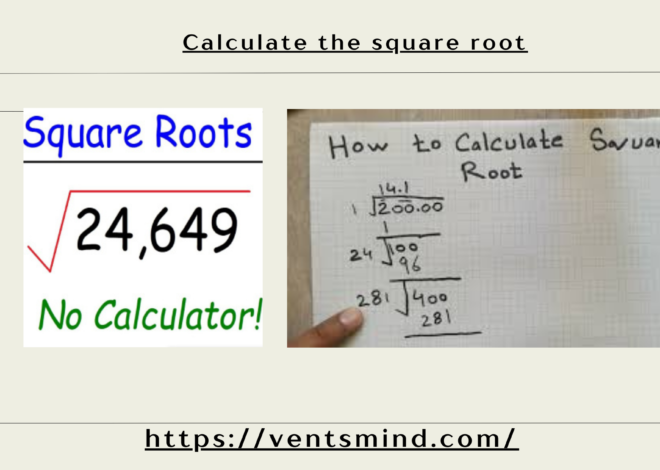
“i feel sorry for you quotes” best information 2024 Quotes: Understanding the Power and Meaning Behind the Phrase
Words have the power to heal, hurt, inspire, and provoke. Among the many phrases that people use in everyday conversation, “i feel sorry for you quotes” stands out as particularly complex. On the surface, it may seem like an expression of empathy, but it can carry various undertones depending on context, tone, and the relationship between the speaker and the listener. This article delves into the meaning behind “I feel sorry for you” quotes, exploring their potential impact, how they are used, and why they resonate so deeply in different situations.
The Surface Meaning: Empathy and Compassion
At its most basic level, the phrase “I feel sorry for you” is an expression of sympathy or empathy. It suggests that the speaker recognizes the difficulties or hardships that someone else is going through and feels a sense of compassion toward them. In this context, it is a way of acknowledging someone else’s pain and showing that you care about their well-being.
For example, if a friend is going through a tough time, you might say, “i feel sorry for you quotes,” to express that you understand their situation and wish things were better for them. This usage is generally well-intentioned and can provide comfort to the person on the receiving end, letting them know that they are not alone in their struggles.
However, even in these instances, the phrase can be somewhat tricky. While it is meant to convey sympathy, some people might perceive it as patronizing or pitying, especially if they are already feeling vulnerable. This highlights the importance of being mindful of how we express our empathy and choosing our words carefully to ensure they are received in the spirit intended.
The Double-Edged Sword: Condescension and Pity
While “i feel sorry for you quotes” can be a sincere expression of empathy, it can also be used in a more negative way, as a form of condescension or pity. In these cases, the phrase is not meant to comfort but rather to assert a sense of superiority or judgment over the other person.
For instance, someone might say, “i feel sorry for you quotes,” during an argument, not because they genuinely sympathize with the other person, but because they want to highlight how pathetic or misguided they believe the other person is. In this context, the phrase becomes a weapon, a way to undermine the other person’s perspective or to belittle their feelings.
This use of the phrase can be particularly hurtful because it mixes a veneer of empathy with a layer of judgment. The recipient is left feeling not only misunderstood but also insulted. It’s a reminder that even seemingly kind words can have a sharp edge when used in the wrong way or with the wrong intention.
Famous “I Feel Sorry for You” Quotes and Their Impact
Throughout history, the phrase “i feel sorry for you quotes” has appeared in various forms in literature, movies, and everyday speech. Some of these quotes have become famous because of the way they encapsulate the complexity of human relationships and emotions.
One well-known example is from the novel To Kill a Mockingbird by Harper Lee. In this book, Atticus Finch, the moral center of the story, uses the phrase to express genuine empathy toward Mayella Ewell, a character who is trapped in a cycle of poverty and abuse. He says, “i feel sorry for you quotes, but I have no pity for you.” This quote is powerful because it distinguishes between feeling empathy for someone’s situation and pitying them, which often implies a sense of superiority.
In contrast, there are many instances in popular culture where the phrase is used more sarcastically or condescendingly. For example, in the world of reality TV or competitive shows, a contestant might say “I feel sorry for you” to a rival, not out of compassion, but to underscore their belief that the other person is inferior or deluded. These moments often highlight the thin line between genuine empathy and veiled contempt.
The Psychological Impact of “i feel sorry for you quotes”
The psychological impact of hearing “i feel sorry for you quotes” can vary greatly depending on the context in which it is said and the relationship between the speaker and the listener. For some, it might trigger feelings of comfort and support, especially if it comes from someone they trust and who they believe genuinely cares about them. In these cases, the phrase can help the person feel understood and less alone in their struggles.
However, for others, the phrase can have a negative impact, making them feel pitied, belittled, or even humiliated. This is particularly true if the person already feels insecure or if the phrase is delivered in a tone that suggests judgment rather than empathy. In such situations, “I feel sorry for you” can exacerbate feelings of inadequacy or self-doubt, leading to a negative emotional response.
Moreover, the phrase can also create a sense of power imbalance. When someone says “I feel sorry for you,” they are placing themselves in a position of perceived strength or superiority, as if they are in a better situation or have a better understanding of life. This can be disempowering for the person on the receiving end, who may feel like they are being looked down upon or judged.
How to Respond to “i feel sorry for you quotes”
Given the potential impact of the phrase, it’s important to know how to respond if someone says “i feel sorry for you quotes” to you. The right response will depend on the context and your relationship with the person.
If the phrase is said with genuine empathy, a simple “Thank you” or “I appreciate your concern” might be appropriate. This acknowledges the person’s intention and can help strengthen your connection with them.
However, if the phrase feels condescending or hurtful, it’s okay to address that directly. You might say something like, “I don’t need your pity,” or “I don’t see the situation the same way you do.” This can help set boundaries and clarify that you do not want to be viewed as an object of pity.
In some cases, you might choose to ignore the comment altogether, especially if you believe it was said out of spite or in a moment of anger. Walking away from the situation or changing the subject can be a way to avoid further conflict and maintain your sense of dignity.
Conclusion: The Complex Power of “I Feel Sorry for You”
“I feel sorry for you” is a phrase that carries a lot of weight, both positive and negative. On one hand, it can be an expression of genuine empathy, offering comfort and support to someone in need. On the other hand, it can be used as a tool of condescension, leaving the recipient feeling judged or belittled.
Understanding the nuances of this phrase and how it is used can help us navigate our interactions with others more effectively. Whether we are the ones saying it or hearing it, being mindful of the intention and impact behind the words is crucial. In the end, the power of “I feel sorry for you” lies not just in the words themselves, but in the emotions and attitudes that accompany them.
By recognizing the complexity of this phrase, we can better understand its role in communication and strive to use it in ways that genuinely uplift and support others, rather than diminish them.
4o


